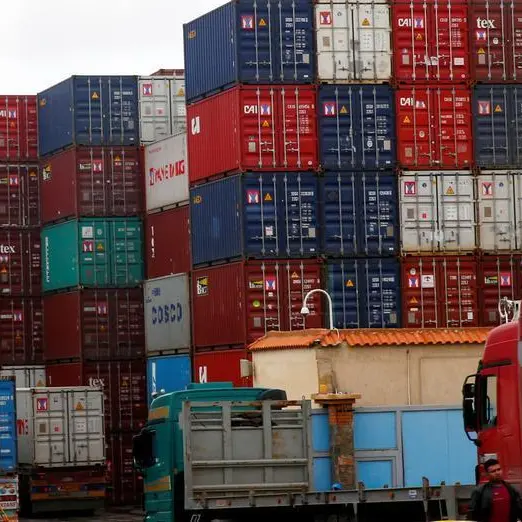PHOTO
What is Q-commerce?
Q-commerce is a market defined by very fast delivery from local shops, restaurants, and dark stores. It is usually characterised by under 2-hour delivery. The most common example of Q-commerce is online food delivery typically through an aggregator app such as Talabat or Hungerstation. However, according to Redseer’s research, consumers are now adopting new sectors such as grocery, pharmacy, gifts and flowers, and courier services.
Sandeep Ganediwalla, managing partner, Redseer said: “Quick commerce is another such innovation in the digital economy which builds on the hyperlocal delivery capability developed by eCommerce players in the region. Given that roughly 40 per cent of online shoppers mention quick delivery as an extremely important criteria in their decision-making process. I think we are at the cusp of the Q-commerce growth in Mena.”
Q-commerce is a major disruptor in Mena and has already taken up 20 per cent of the region’s digital economy and will contribute $20 billion in gross merchandise value by 2024. While the growth of Q-commerce is high, profitability will take some more time as the industry adjusts its unit economics to the new model.
Mena Q-commerce is currently driven by food delivery, and it contributes 85 per cent to the total Q-commerce sales. Other categories such as grocery, pharmacy, and gifting are now seeing increased traction and will grow 2x the growth of food delivery. The current value proposition of convenience and instant gratification will soon turn into a consumer habit according to the report.
Food aggregators such as Hunger Station, Talabat, and Jahez were the first to penetrate this market and already possess the logistical capabilities required. As consumers are adopting newer categories, food aggregators have also expanded their offerings. Given the fast growth of this model, more retailers are adopting Q-commerce as a viable “way-to-play”. For example, Nana in Saudi Arabia and Instashop in UAE have emerged as eGrocery leaders in a short span of time.
Dubai-based Utkarsh Singh, chief executive officer, Instadel, said: “Q-commerce is finally getting the attention it was due as top firms like Talabat have started offering 20-25 minutes delivery in very limited amounts and areas with competitors following their footsteps. It is still not as widespread as it needs to be. There are enough resources available today to guarantee the above Q-commerce thresholds especially for cash-rich entities operating today.
However, the current need is the willingness of companies to start capitalising on their creative resources and talent pool together with their market presence to come up with more creative ways of setting Q-commerce-focused goals and achieving them. Nevertheless, with advancements taking place in technology and resources not being in short supply within the next few years we will definitely be able to see prototypes of Q-commerce services being conducted within seconds making the future greatly exciting for this sub-industry.”
Singh’s Instadel is a new low-cost platform that cuts grocery delivery time by 75 per cent to 15 mins. The industry standard is currently 45- 60 minutes
(some even say 25-30 minutes on your luckiest day ) in the UAE. The platform is highly focused on everyday essentials like dairy, bread, snacks, juices, and common vegetables like onion tomatoes, and potatoes.
“We are working with baqala owners (grocery owners) to give them the necessary training and equipment to be able to pass on an experience to the customer which is much better than one that is traditionally associated with baqalas. We know it’s very important to maintain the relationship we have with our baqalas, we’re digitising the whole process to make it easier for both the baqala and the customer to track the interaction and experience,” added Singh.
Instadel is working with baqala owners to bring them online at no cost at all via the same platform to create a network of partner stores. “A vast network combined with our selected workforce is enabling us to deliver groceries to customers for just Dh3 per month within 15-20 minutes. No more per order delivery fees just one small fee starting from Dh3,” added Singh.
Copyright © 2021 Khaleej Times. All Rights Reserved. Provided by SyndiGate Media Inc. (Syndigate.info).





















